How to Pick the Right Flute for Your Skill Level at Any Stage
Flute music is deeply rooted in Indian tradition, celebrated in classical, folk, and devotional genres. The right flute can enhance your ability to produce beautiful melodies, whether you’re just beginning or looking to refine your craft. Knowing how to pick the right flute for your skill level is crucial for sound clarity, comfort, and growth. In this guide, we’ll walk you through everything you need to know—from flute types and materials to size, pitch, and tonal compatibility with Indian music.
1. Know Your Skill Level
The first step to picking the right flute is knowing where you stand.
- Beginners: Need flutes with easy blowing, medium pitch, and simple fingering systems.
- Intermediate: Require better tone control, wider range, and precision in pitch.
- Advanced: Look for customized flutes tuned to specific ragas, with high tonal purity.
Self-awareness of your level helps narrow down choices effectively.
2. Understand Indian Flute Types
In India, the most common flutes are:
2.1 Bansuri (North Indian Flute)
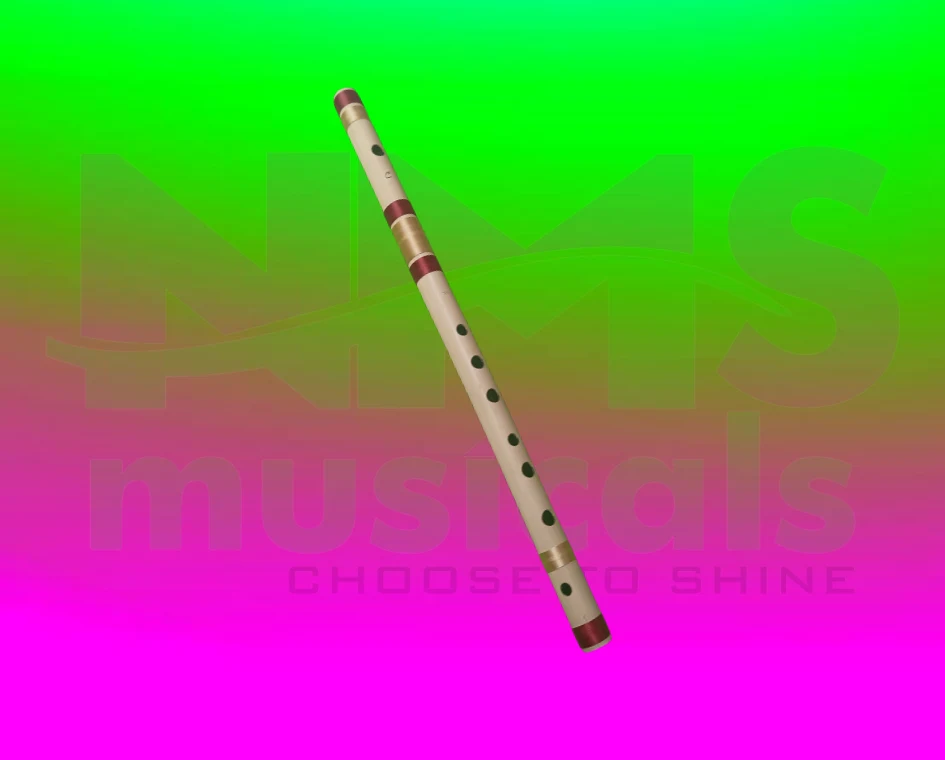
- Traditionally made from bamboo.
- Features 6 or 7 finger holes.
- Best for Hindustani classical music and Bollywood songs.
2.2 Venu (South Indian Flute)
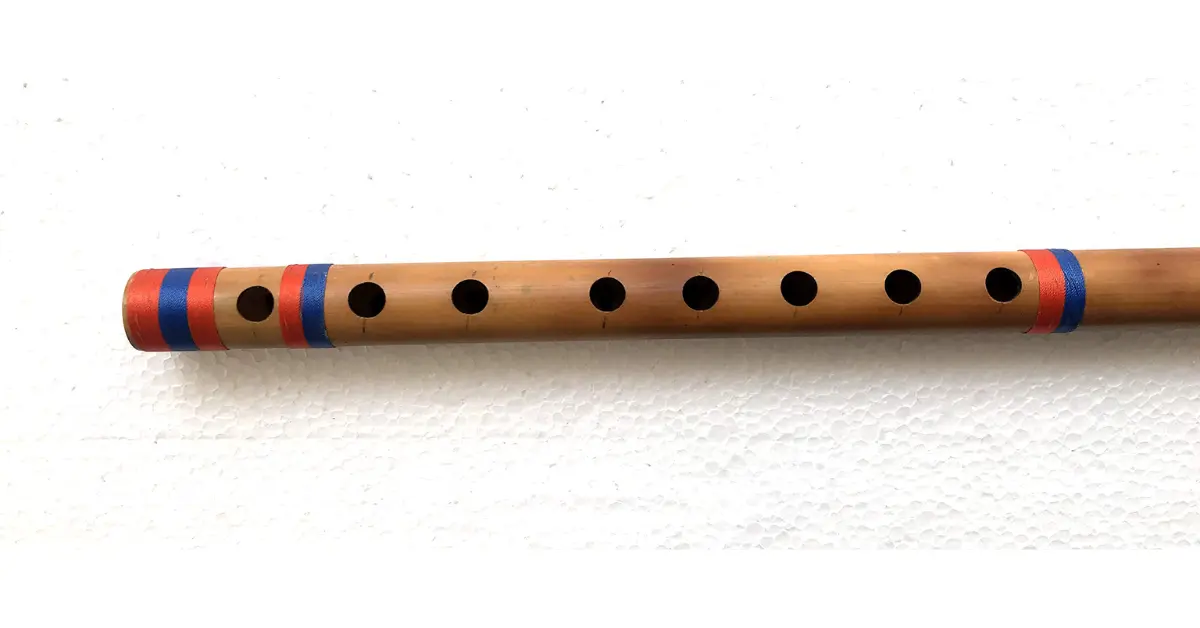
- Has 8 holes, longer body.
- Used in Carnatic music.
- Demands breath control but offers rich melodic range.
Choose based on the musical tradition you’re learning.
3. Select the Right Material
Most Indian flutes are made from bamboo, but other materials are available for specific needs.
- Bamboo: Traditional, warm, earthy tone.

- PVC or plastic: Durable and good for beginners.

- Wooden flutes (rosewood, sandalwood): For professional use, deeper tone.
Stick to bamboo for authenticity and a better feel for Indian styles.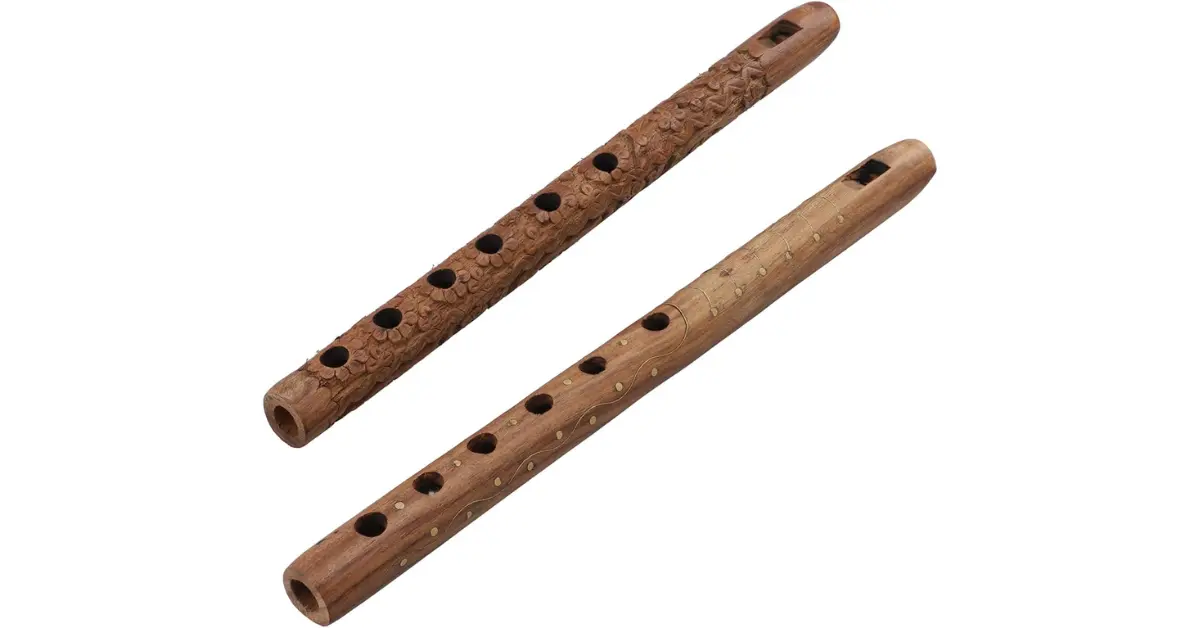
4. Determine the Correct Scale
Each flute is keyed to a particular pitch or scale. For Indian music:
- Beginner bansuri scale: C, C#, D, E.
- Advanced players: G, A, or custom scales for ragas.
Tip: Start with a C-medium scale flute—it’s easier to play and widely used in teaching.
5. Understand Flute Sizes
Flute size affects pitch and playability.
- Small flutes: High pitch (e.g., E, F), easier finger stretch for children.
- Medium flutes: Balanced tone (e.g., C, D), ideal for most adults.
- Long flutes: Lower pitch (e.g., A, B), rich tonal depth but harder to control.
Beginners should pick medium-sized flutes to start.
6. Choose Between Side-Blown and End-Blown Flutes
- Side-blown (transverse): Common in Indian music, requires skillful blowing.

- End-blown: Used in tribal or folk music; easier for absolute beginners. For classical Indian training, side-blown bansuri or venu is the way to go.

7. Focus on Tuning and Pitch Accuracy
In Indian classical music, precise tuning is vital. Check for:
- Proper alignment of finger holes.
- Smoothness of the inner bore.
- No air leaks.
Test with a tuner or compare with a tanpura drone to ensure pitch alignment.
8. Check the Embouchure Hole Quality
The blowing hole (embouchure) must be properly shaped:
- Too large or uneven: Difficult to control airflow.
- Too small: Requires more effort to produce sound.
For beginners, choose flutes with a well-rounded, smooth blowing hole.
9. Match the Flute with Your Music Goals
Think about what style you want to pursue:
- Bhajans, folk music: High-pitched C or D bansuri.
- Raga performance: Choose custom-tuned long flutes (G, A).
- Fusion or film music: PVC or tuned flutes with external mics.
Clarity on your end goals helps find a flute that supports your practice.
10. Consider Comfort and Finger Stretch
Make sure the finger holes are spaced comfortably:
- Test grip and stretch with both hands.
- Hold and try fingering before buying.
- Avoid flutes with sharp-edged holes—they hurt after long practice.
This is essential for young learners and players with smaller hands.
11. Evaluate Sound Quality
Sound quality is the ultimate test:
- Check tone richness and consistency across octaves.
- Test for clean meends (glides) and gamakas (oscillations).
- Blow softly and firmly—good flutes respond well in both cases.
Record your sound and compare across flutes if needed.
12. Explore Brands and Makers in India
Top Indian flute makers are known for their craftsmanship:
- Punam Flutes (Varanasi): Known for professional-level bansuris.
- Subhash Thakur Bansuri: Popular with Carnatic musicians.
- Dev Veena: Good for beginner and intermediate players.
Buy from makers who provide scale charts and tuning videos.
13. Try Before You Buy (If Possible)
Visit local stores or workshops:
- Try 2-3 flutes of the same scale.
- Check if sound varies between pieces.
- Ask for guidance on embouchure and blowing tips.
Chennai, Mumbai, and Delhi have great Indian flute shops and teachers to help you try options.
14. Online Buying Tips for Indian Flutes
If buying online:
- Check flute key, material, and length in cm/inch.
- Look for video samples of the actual flute.
- Prefer handmade over machine-cut flutes.
Reputable online platforms include Flipkart, Amazon India, Bansuri.in, and Musee Musicals.
15. Maintenance and Accessories
Once you have the right flute, maintain it well:
- Use a cotton cleaning rod after practice.
- Store in a padded bag or cloth wrap.
- Avoid exposing bamboo flutes to moisture or direct sunlight.
Accessories like flute cases, stands, and covers add longevity.
16. Learn Basic Flute Techniques
Choose a flute that supports learning techniques like:
- Sa Re Ga Ma (basic swaras)
- Meend (slide)
- Murki (fast ornamental phrases)
Ask your teacher if the flute supports octave jumps (mandra, madhya, taar).
17. Ask Your Guru or Teacher for Recommendations
A good teacher knows your progress and sound goals:
- Request flute suggestions based on your current level.
- Ask them to test your new flute.
- Match flute pitch with your vocal range or other instruments in ensemble.
Guru guidance ensures you won’t make the wrong investment.
18. Beginner Mistakes to Avoid
- Don’t pick a cheap, untuned flute.
- Avoid decorative flutes not meant for real playing.
- Don’t go too high or too low in pitch for starters.
- Don’t ignore comfort—flute playing requires long hours.
Taking these precautions helps set a strong foundation.
19. Flute Upgrades as You Advance
When you progress:
- Switch to longer bansuris (G, A).
- Add alternate key flutes for ragas.
- Explore dual-tone or drone flutes for special effects.
Advanced learners often keep 5–6 flutes in different scales.
20. Practice Regularly and Record Progress
- Practice daily with tanpura or tabla loops.
- Record yourself weekly to assess tone improvement.
- Use tuning apps like NaadSadhana or PitchLab.
Consistent practice brings out the best from even a basic flute.
Conclusion
Knowing how to pick the right flute for your skill level is a journey in itself—one that requires awareness, guidance, and patience. From choosing the right scale and material to understanding tonal quality and comfort, every detail matters. As an Indian musician, staying rooted in classical sensibilities while exploring new sounds begins with selecting the flute that aligns with your heart and hands. Whether you’re starting your musical path or refining your skillset, let your flute be a reflection of your musical voice.
At NMS Musicals, we offer a comprehensive range of musical instruments, including percussion, string, wind, and keyboard instruments. Our services encompass sales, expert servicing, and the manufacture of leather instruments. Explore our diverse collection and find the perfect instrument to suit your musical needs.
Visit our website to browse our offerings: nmsmusicals.in
For a closer look at our products, check out our shop page: nmsmusicals.in/shop
Stay connected with us through our social media channels:
- Facebook: https://www.facebook.com/nmsmusicalinstruments/
- Instagram: https://www.instagram.com/nmsmusicals/?hl=en
- YouTube: youtube.com/@nmsmusicals
Our shop locations are:
- Puducherry: 149, Perumal Koil Street, Heritage Town, Puducherry, 605001.
Map Link: https://maps.app.goo.gl/ejDwBBFEJmd3szxk7 - Chennai: No: 1, 1st Floor, Kandigai Street, TVS Nagar, Korattur, Chennai – 600076.
Map Link: https://maps.app.goo.gl/7oXmB6X7KQsqeuuw9
For inquiries, contact/Whatsapp us at 9500663895 or email us at laxman.m89@gmail.com.
Discover the world of musical instruments with NMS Musicals today!
For a visual overview of our percussion instruments, watch the following video:


 Cart is empty
Cart is empty 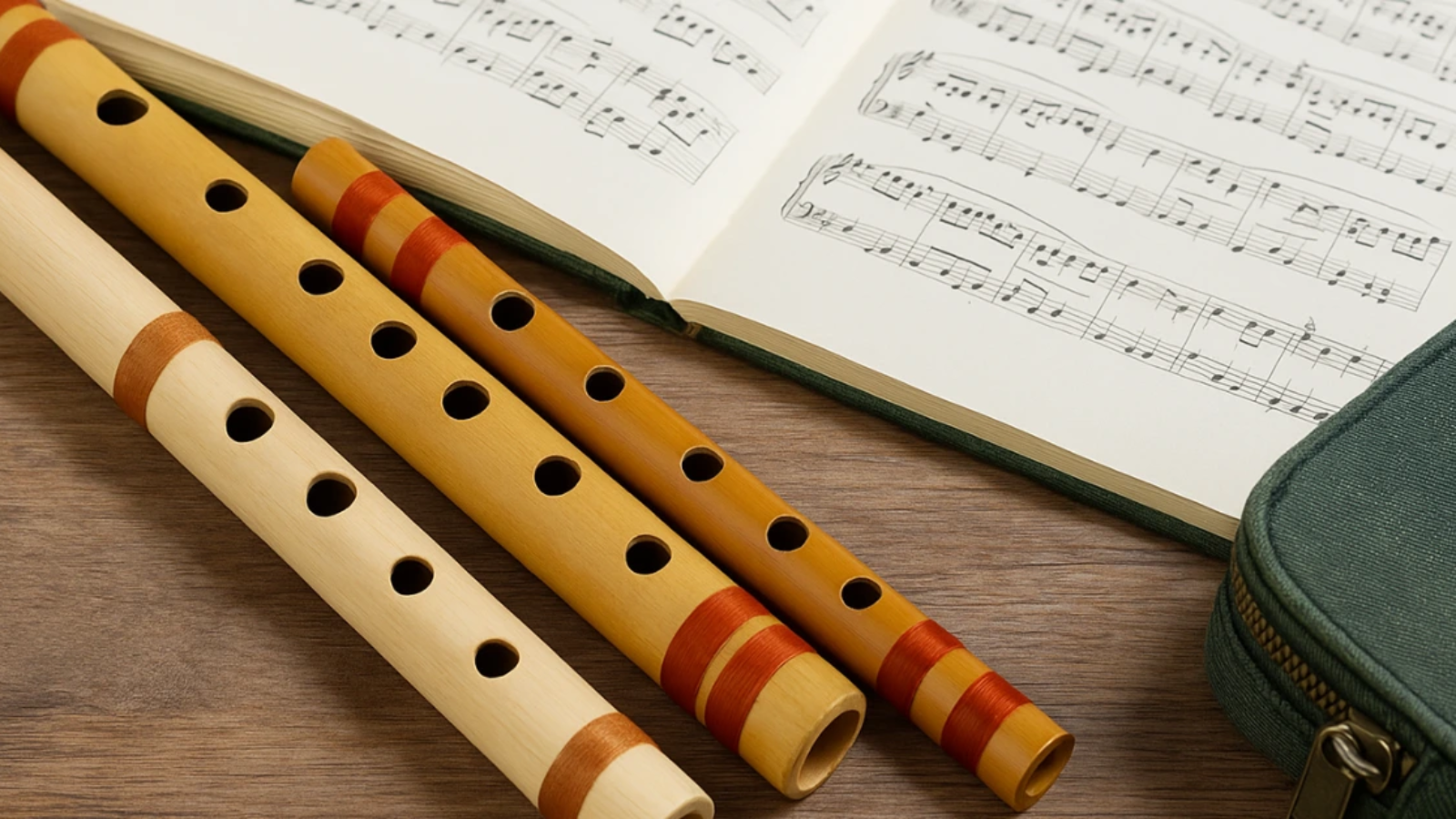
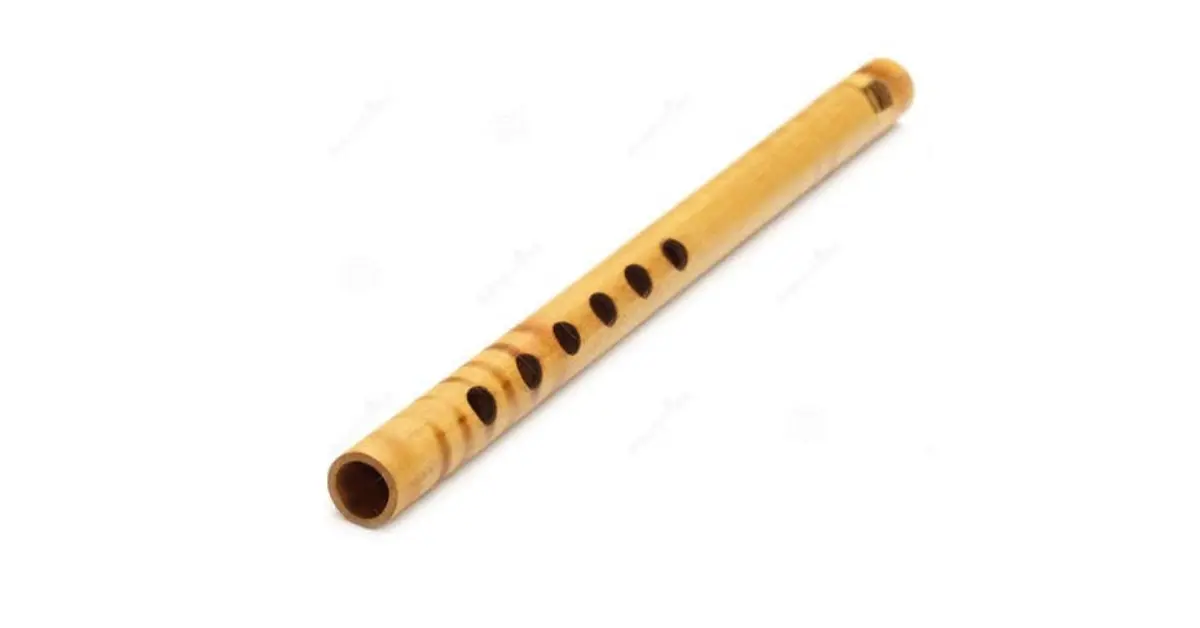
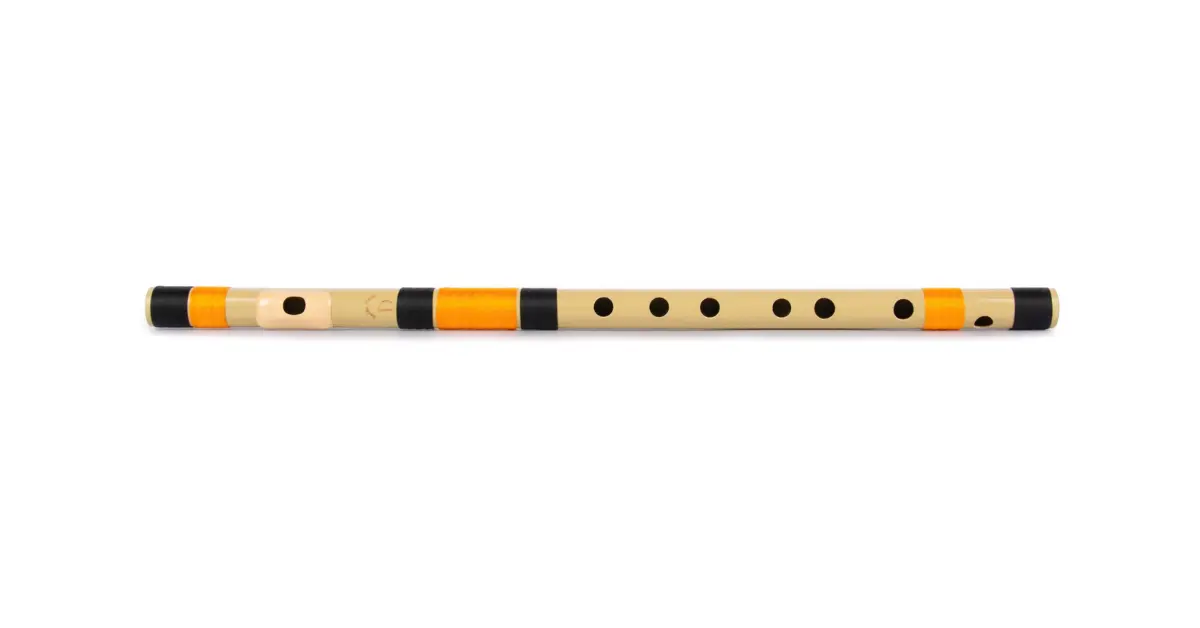

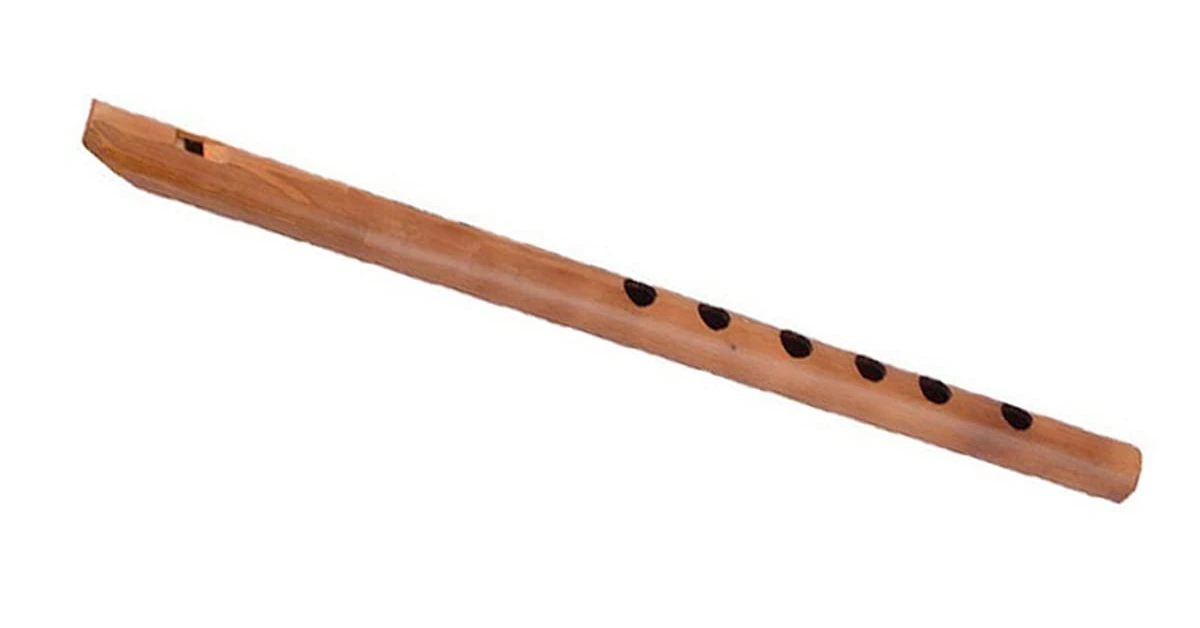
Leave A Comment
You must be logged in to post a comment